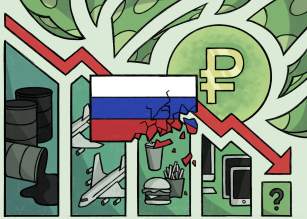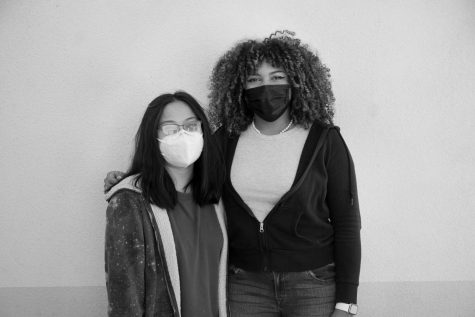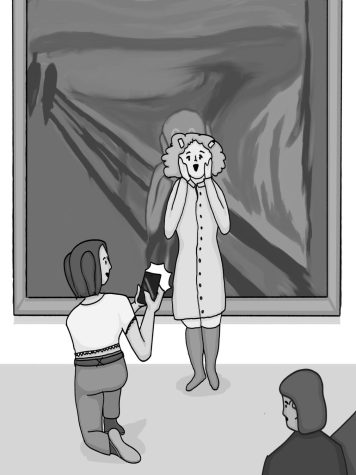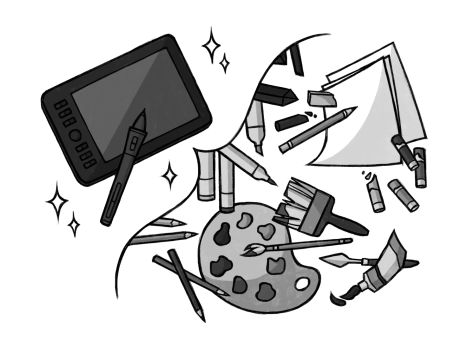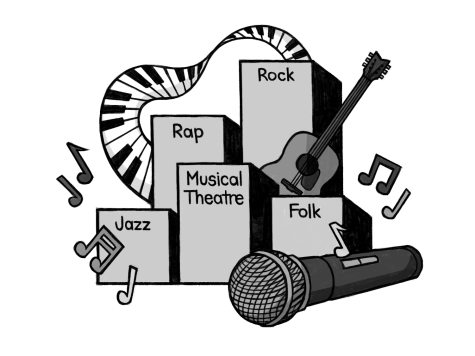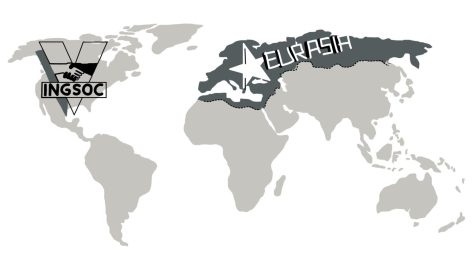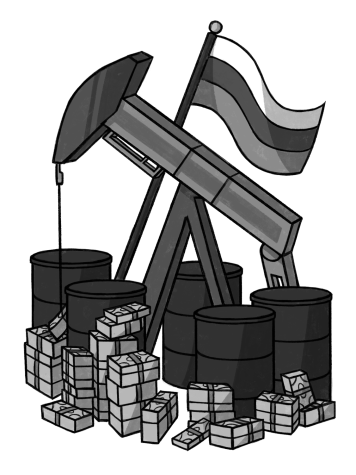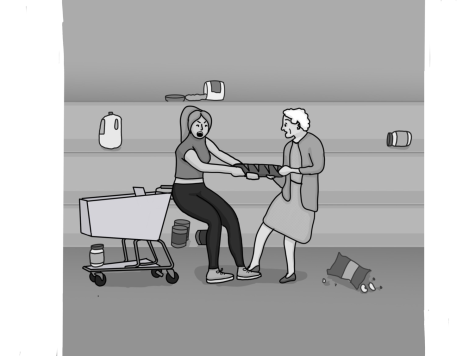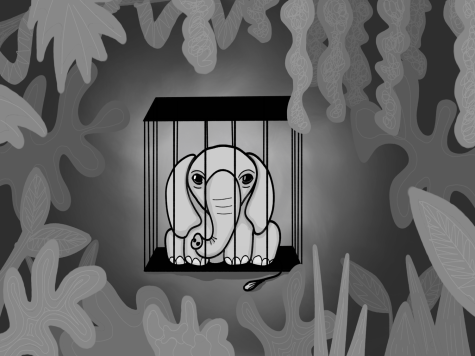FOCUS: Sanctions imposed on Russia by the United States, United Kingdom and European Union have resulted in extreme inflation and social turmoil
On Feb. 24, 2022, Russia, led by its president Vladimir Putin, invaded Ukraine. Since then, Russia has experienced severe economic backlash due to the retaliation by European nations and the U.S.
This retaliation is made up of sanctions, penalties placed on an entity that restrict its commercial, financial or social access and interactions across borders. They have been imposed by the United States, United Kingdom and EU, an alliance in Europe, including France, Germany and Spain. Japan, Taiwan and Australia have also imposed sanctions. SCHS social science teacher Christina Byerley gave insight into the situation.
“Economic sanctions can have devastating effects, particularly when they are done on a global scale,” Byerley said. “Russia has an economy that can be very reactive because they are not super diverse. They have a lot of foreign investment, and when foreign investment pulls out, that money leaves the economy.”
The types of sanctions have ranged from increasing taxes on household items to mainstream companies shutting down in the country. BBC reported the restrictions include bans on importing oil and gas, active airlines and flights, and corporations, including Visa, Samsung and Starbucks.
The United States, United Kingdom and EU have also frozen assets of Russian oligarchs and government officials in non-Russian banks. Inaccess to the billions of dollars, NBC stated, has caused the ruble, the Russian currency, to plummet in value, creating massive inflation.
Social science teacher Karen Henry explained a reaction throughout the population.
“It’s kind of leading to some unrest amongst the citizens because even though the president’s doing this, their Visa cards don’t work,” Henry said. “They can’t get a hamburger. They can’t go to Starbucks. Some of that could actually lead to people wondering why the international community is reacting this way. Because Putin is telling his people something different.”
Putin’s intentions are displayed differently to Russian citizens than the rest of the world. According to The New York Times, he has claimed the war with Ukraine to be a “special military operation,” declaring various causes to the conflict: Ukrainian neo-Nazis, American biowarfare labs and planted pathogen-carrying birds.
“I’m not sure that anybody really knows what is the endgame for Vladimir Putin,” Henry said. “He had different pretexts, and it kind of keeps changing. There’s the possibility that it may have something to do with a land grab to kind of restore the former Soviet Union.”
SCHS students also think differently from Putin’s justifications. Sophomore Daniel Martinez Gallegos envisioned one possibility for his actions.
“Putin claims that Ukraine and Russia have deep ties going back, and that’s why he says he’s trying to unify Ukraine into Russia,” Gallegos said. “Although this is just propaganda from him. The real reason is more likely to gain power, especially with Ukraine’s strategic position with foods and agriculture and access to the Black Sea.”
Sophomore Aasees Sandhu had another theory, exploring Putin’s perspective.
“What I feel is that it’s an ego war for him,” Sandhu said. “His lifelong goal and dream – the reason he was elected – was he wants to restore Russia back to its former USSR glory, and getting Ukraine is part of that process. But the reaction from the globe isn’t something that Putin expected.”
Ukraine has put up an unanticipated fight, and Russia has matched it with heavy military forces. The U.S. and European nations are trying to prevent further conflict by using non-violent forms of intervention, like the sanctions.
“If we look at history, we can see where different political leaders have made decisions that have brought the world to the brink of war,” Byerley said. “So far, the foreign governments and leaders have been reluctant to take a hard stand against President Putin primarily because of the nuclear arsenal that he holds. And they are unsure how far he is willing to go to meet his objectives.”
Another non-violent intervention by Western powers, Henry stated, occurred during Russia’s annexation of Crimea in 2014, a peninsula previously a part of Ukraine. She explained the lack of direct action the European and Western allies took during that event, similar to the recently imposed sanctions done by NATO, a group of 28 European countries, the U.S. and Canada, meant to protect their rights through political and military action.
“To my understanding, they (NATO) have a decision to make. And that is, at what point is it worth them getting involved in risking World War Three,” Henry said. “So in a situation like Crimea, they looked at it, they saw what was going on, and they said, ‘Is this worth possibility to nuclear war?’ And they said, ‘No.’ That’s just the sacrifice that gets made.”
The invasion of Ukraine has shocked the watching world. NPR has recorded more than 900 civilian casualties, due mostly to explosive artillery and missile strikes.
Putin denies any accusation of targeting citizens, although Henry doubts this.
“It’s just very hard seeing the humanitarian cost of this. There appears to be more violence against civilians, which is a war crime,” Henry said. “So somehow, however Putin gets out of this, he’s still going to be subject to having to pay the price for some of the things that he did. And he may not be willing to sit on trial as a war criminal and take potential consequences. So, it’s gonna get pretty messy.”
Sandhu forecasted a situation where Putin may not end his invasion or accept responsibility, despite the economic and societal repercussions both Russia and Ukraine have suffered.
“I think it’s gonna get a lot worse before it gets better, unfortunately,” Sandhu said. “Ukraine’s putting up so much defense that Russia didn’t expect it getting dragged on, and at this point, Putin is so far down the rabbit hole that if he stops, it’s going to be bad, and that if he keeps going, it’s going to be bad, for him and his country.”

